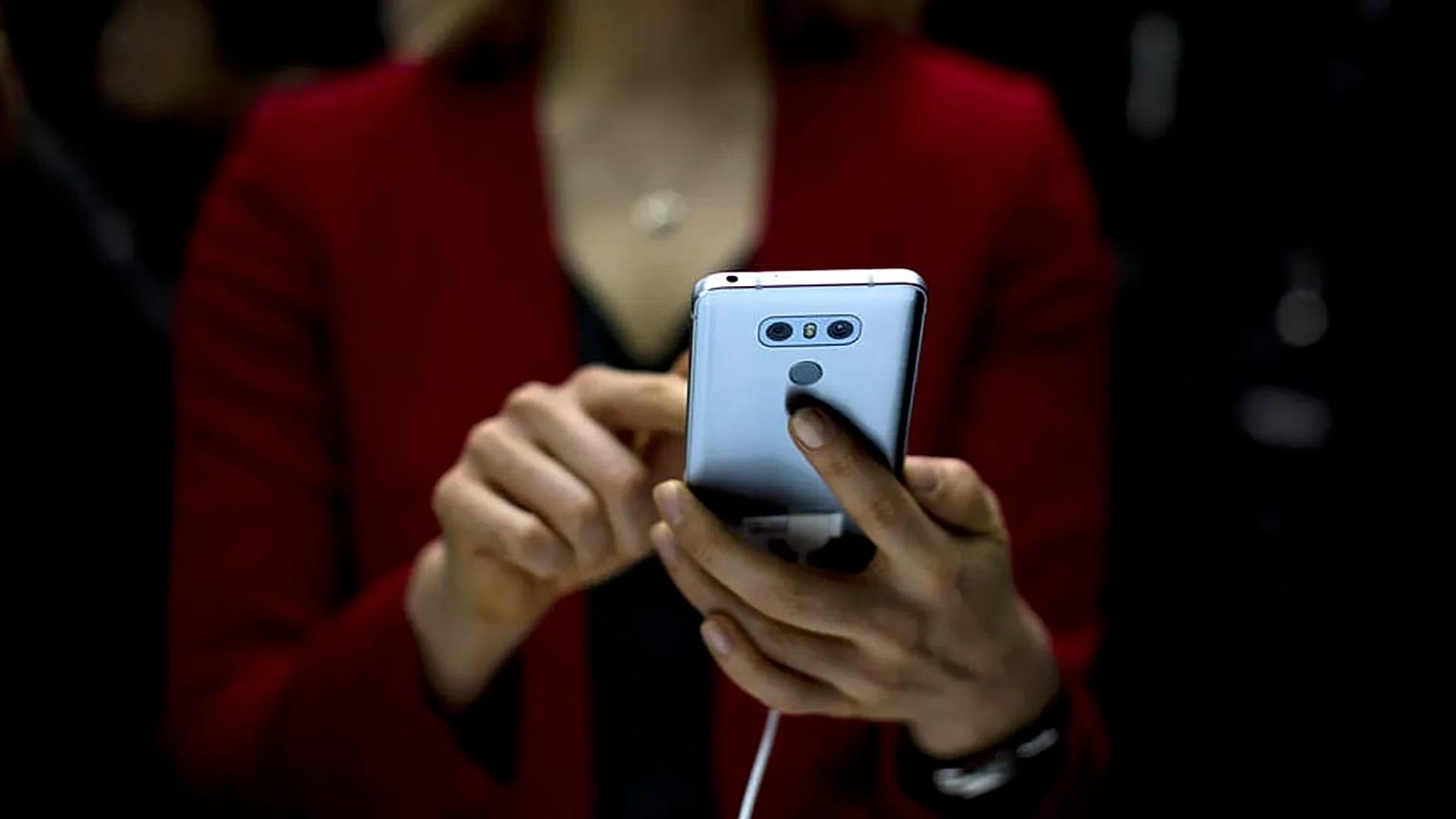Italian regulators will expand anti-spoofing protections to mobile numbers, tackling a surge in fraudulent calls in the southern European country that appear to originate from legitimate Italian mobile numbers.
Italian regulators will expand anti-spoofing protections to mobile numbers in the coming weeks, targeting a surge in fraudulent calls that masquerade as legitimate Italian mobile numbers.
 ADVERTISEMENT
ADVERTISEMENT
 ADVERTISEMENT
ADVERTISEMENT
The mechanism, already operating for fixed-line numbers since August, addresses growing consumer complaints about sophisticated scam attempts that have become increasingly difficult to identify.
AgCom, Italy's telecommunications regulator, said the extension represents a crucial step, given that most fraudulent calls now appear to originate from Italian mobile numbers, even though they are made from foreign operators.
In Italy, the scam call issue has reached such proportions that distinguishing legitimate calls from fraudulent attempts has become challenging for ordinary users, as number-camouflage techniques have grown more sophisticated.
Although Italy has some protections in place helping users label certain phone numbers as the point of origin of scam calls or forcing call centres and similar businesses to remove numbers following complaints, this has proven to be far from bulletproof.
Mobile filtering poses technical hurdles
Also, blocking spoofed mobile calls is more complex than filtering fixed-line fraud due to existing roaming rules.
Italian SIM cards must function normally when users travel abroad, meaning the system must be able to distinguish in real time between legitimate mobile use and fraudulent impersonation.
According to the new mechanism, when calls from abroad claim to use Italian mobile numbers, networks will perform instant verification checks including number validity, operator assignment, current SIM location and technical routing consistency.
Calls that fail any verification element will be automatically blocked before reaching recipients.
The system requires all Italian operators to activate control protocols simultaneously and share technical data within milliseconds. Poor coordination would render the filter incomplete or ineffective.
Best not to answer
Officials acknowledged the mechanism will not eliminate nuisance calls entirely but should significantly reduce the most dangerous types, including non-existent numbers, fake mobiles and foreign calls masquerading as Italian numbers.
Legitimate call centre operations and genuine roaming communications will remain unaffected.
Certain categories will remain difficult to block, particularly calls from real foreign numbers that do not attempt to disguise themselves. These situations lack fully effective technical solutions without broader international cooperation.
Consumer advice remains unchanged: when uncertain about a number's legitimacy, the safest approach is to avoid answering.















